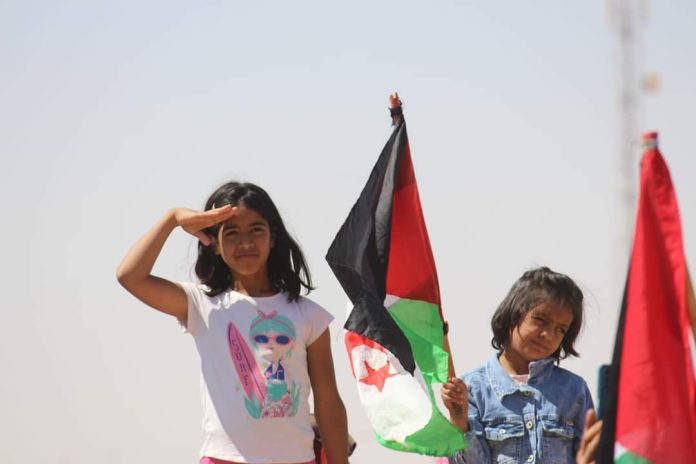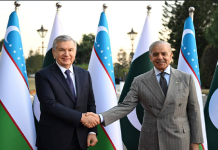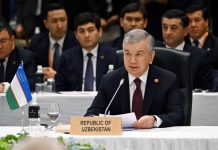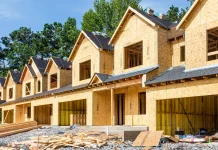By Ali Aouyeche – Sahrawi Refugee Camps (Algeria)
In the Sahrawi refugee camps located in the southwest of Algeria, where the desert sands stretch endlessly beneath the scorching sun, lives Salka, a young woman from Western Sahara who emigrated with her family when she was very young. They were forced to flee their homeland due to the war and sought shelter in the camps that have become another home for them after years of displacement.
Salka grew up in camps that lacked many of the essentials for a dignified life, but despite the harsh conditions, her resolve was strong. She could not accept remaining just a refugee dependent on humanitarian aid. She carried a simple, yet grand dream in her heart: to return one day to her homeland, to see her country free, and to live a dignified life away from tents and sand.
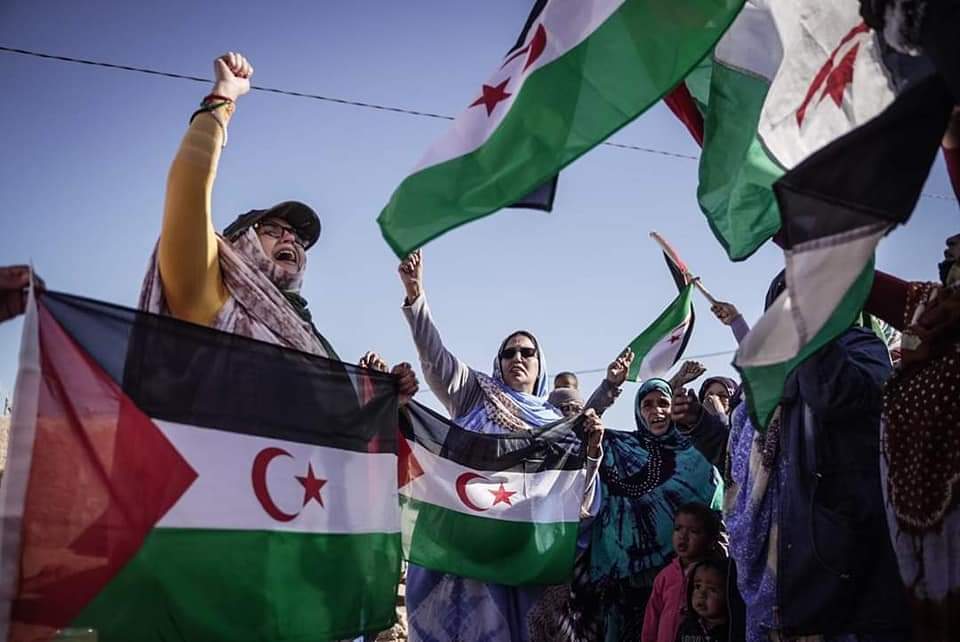
Salka decided to become a farmer and raise some goats. The land available to her wasn’t vast, but it was enough to plant a few crops to feed herself and her family, and sometimes earn from it to help with living expenses. She began by growing simple vegetables like tomatoes, peppers, and potatoes. She planted them in the barren land, believing that every seed she planted was a step toward returning to her original land.
But life in the camp was not easy. The hot winds often dried out the land, and Salka frequently faced difficulties in obtaining water. Nonetheless, she would sit late into the night, planning and hoping for a better season. She planted seeds and worked hard, believing that the land was her only hope in this harsh place.
She believed that farming was not just a means of survival, but also a form of resistance. She learned how to plant hope in her heart and how a farmer is not just someone who works the land, but someone who plants values and principles in everything they do. Every day, she nourished the dream of returning to her homeland, but she knew that the return would not only be physical but would also require personal growth and development she achieved in the camp.
The War in the Sahara Claims More Lives
Years passed, and the war in Western Sahara resumed in 2020, making the situation even more difficult for Salka and her family in the camps. News reached them from time to time, reminding them of the land they had left behind, and the dreams they had buried with the desert sands. Salka followed the events closely, feeling deep sorrow for her people’s suffering. At the same time, she continued working the land, planting hope as she planted her crops.
The return of war to Western Sahara meant that the future of returning home had become more complicated. Military conditions deteriorated periodically between the Moroccan army and the Polisario Front fighters, and battles on the ground intensified, increasing the number of refugees in the camps due to their displacement from the liberated territories east of the security wall. Despite these harsh conditions, Salka still believed that resistance was not only about weapons, but it could also be through a seed planted in the land and a determination nurtured in the heart.
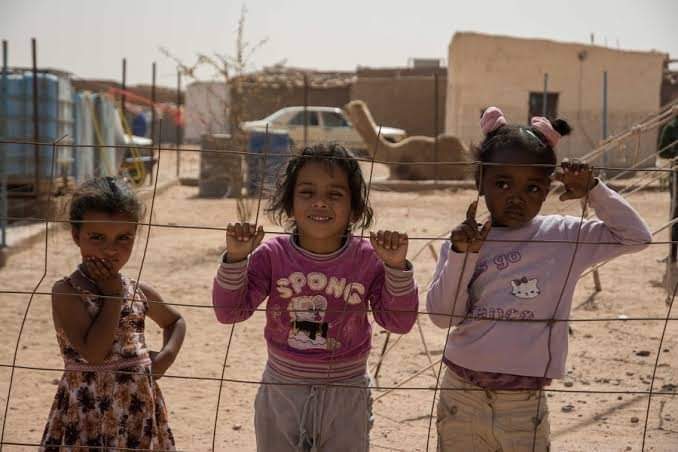
One day, Salka met a delegation from the Polisario Front, who came to offer her moral support. She knew them well, as they were part of the liberation movement striving to regain independence for Western Sahara. When she was alone with one of the leaders of the delegation, he said to her with a sad smile: “You’ve planted hope in the land, and we plant hope in the struggle. But the conflict is still long, and the return requires more sacrifices. We are here for you, for everyone who refuses to surrender.”
These words left Salka with a mixed feeling of hope and sorrow at the same time. She knew that the road to freedom was still far, and the war would not stop overnight. However, she was convinced that the hope she had planted in the earth was what would keep her alive and sustain the spirit of resistance within her and in the hearts of the other refugees.
As the war continued in Western Sahara, Salka began to think about how she could use her farming knowledge to help others in the camp. The conditions were difficult, and the camp suffered from water and resource scarcity, but Salka saw that farming could be a partial solution to improving the refugees’ lives. She began organizing small workshops to teach others simple farming techniques that could be applied in barren lands. She knew that farming in the camps could contribute to improving living conditions.
Devastating Psychological Effects on Children
Months passed, and Salka saw in the eyes of the children who had learned from her how to grow on their land the effects of war. She heard news of the dead and the wounded almost every day, and each time, she stood in shock at the amount of sorrow in the eyes of the Sahrawis. She remained convinced that hope does not lie in war or battles, but in steadfastness, work, and belief in the human ability to change even in the toughest circumstances.
Then came the day Salka feared, when the local radio announced over loudspeakers that her father had died after his car was targeted by a Moroccan drone while he was tending to the camels in the liberated part of Western Sahara. The news spread quickly between the camps, and everyone spoke about the war and its destructive consequences. Salka felt a great sadness at the loss of her father, but she knew that this crisis would come to an end and that new beginnings would follow. She felt that the dream of return had become closer, and she would be part of this great change.
Salka’s field became a symbol of hope for the Sahrawi people to return to their land and continue living despite all the circumstances. Every morning, Salka would look at her farm and repeat to herself: “Just as we plant these trees here, we will plant freedom in our homeland, and we will return one day.”



